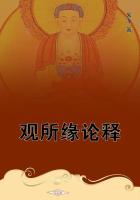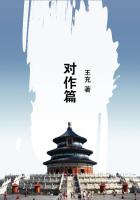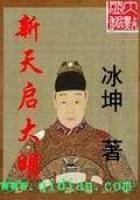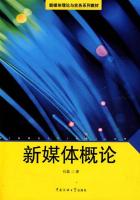The whole world is "automobile mad" and little children can say "car" before they learn to whisper "papa" and "mamma."
In the fourteenth century, the Italian people went crazy about the newly discovered beauties of the buried world of Rome. Soon their enthusiasm was shared by all the people of western Europe. The finding of an unknown manuscript became the excuse for a civic holiday. The man who wrote a grammar became as popular as the fellow who nowadays invents a new spark-plug. The humanist, the scholar who devoted his time and his energies to a study of "homo" or mankind (instead of wasting his hours upon fruitless theological investigations), that man was regarded with greater honour and a deeper respect than was ever bestowed upon a hero who had just conquered all the Cannibal Islands.
In the midst of this intellectual upheaval, an event occurred which greatly favoured the study of the ancient philosophers and authors. The Turks were renewing their attacks upon Europe. Constantinople, capital of the last remnant of the original Roman Empire, was hard pressed. In the year 1393 the Emperor, Manuel Paleologue, sent Emmanuel Chrysoloras to western Europe to explain the desperate state of old Byzantium and to ask for aid. This aid never came. The Roman Catholic world was more than willing to see the Greek Catholic world go to the punishment that awaited such wicked heretics.
But however indifferent western Europe might be to the fate of the Byzantines, they were greatly interested in the ancient Greeks whose colonists had founded the city on the Bosphorus ten centuries after the Trojan war. They wanted to learn Greek that they might read Aristotle and Homer and Plato.
They wanted to learn it very badly, but they had no books and no grammars and no teachers. The magistrates of Florence heard of the visit of Chrysoloras. The people of their city were "crazy to learn Greek." Would he please come and teach them? He would, and behold! the first professor of Greek teaching alpha, beta, gamma to hundreds of eager young men, begging their way to the city of the Arno, living in stables and in dingy attics that they night learn how to decline the verb <gr paidenw paideneis paidenei> and enter into the companionship of Sophocles and Homer.
Meanwhile in the universities, the old schoolmen, teaching their ancient theology and their antiquated logic; explaining the hidden mysteries of the old Testament and discussing the strange science of their Greek-Arabic-Spanish-Latin edition of Aristotle, looked on in dismay and horror. Next, they turned angry. This thing was going too far. The young men were deserting the lecture halls of the established universities to go and listen to some wild-eyed "humanist" with his newfangled notions about a "reborn civilization."
They went to the authorities. They complained. But one cannot force an unwilling horse to drink and one cannot make unwilling ears listen to something which does not really interest them. The schoolmen were losing ground rapidly. Here and there they scored a short victory. They combined forces with those fanatics who hated to see other people enjoy a happiness which was foreign to their own souls. In Florence, the centre of the Great Rebirth, a terrible fight was fought between the old order and the new. A Dominican monk, sour of face and bitter in his hatred of beauty, was the leader of the mediaeval rear-guard. He fought a valiant battle. Day after day he thundered his warnings of God's holy wrath through the wide halls of Santa Maria del Fiore. "Repent," he cried, "repent of your godlessness, of your joy in things that are not holy!" He began to hear voices and to see flaming swords that flashed through the sky. He preached to the little children that they might not fall into the errors of these ways which were leading their fathers to perdition. He organised companies of boy-scouts, devoted to the service of the great God whose prophet he claimed to be. In a sudden moment of frenzy, the frightened people promised to do penance for their wicked love of beauty and pleasure. They carried their books and their statues and their paintings to the market place and celebrated a wild "carnival of the vanities" with holy singing and most unholy dancing, while Savonarola applied his torch to the accumulated treasures.
But when the ashes cooled down, the people began to realise what they had lost. This terrible fanatic had made them destroy that which they had come to love above all things. They turned against him, Savonarola was thrown into jail. He was tortured. But he refused to repent for anything he had done.
He was an honest man. He had tried to live a holy life. He had willingly destroyed those who deliberately refused to share his own point of view. It had been his duty to eradicate evil wherever he found it. A love of heathenish books and heathenish beauty in the eyes of this faithful son of the Church, had been an evil. But he stood alone. He had fought the battle of a time that was dead and gone. The Pope in Rome never moved a finger to save him. On the contrary, he approved of his "faithful Florentines" when they dragged Savonarola to the gallows, hanged him and burned his body amidst the cheerful howling and yelling of the mob.
It was a sad ending, but quite inevitable. Savonarola would have been a great man in the eleventh century. In the fifteenth century he was merely the leader of a lost cause.
For better or worse, the Middle Ages had come to an end when the Pope had turned humanist and when the Vatican became the most important museum of Roman and Greek antiquities.















